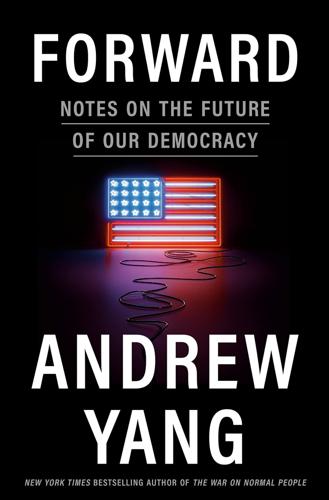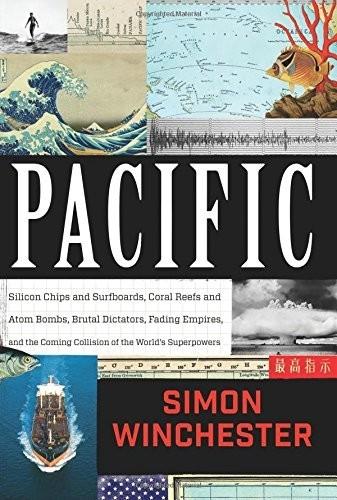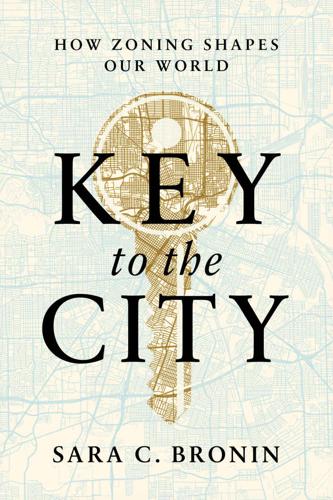The Day the Music Died
description: refers to the plane crash in 1959 that killed Buddy Holly, Ritchie Valens, and J.P. 'The Big Bopper' Richardson
3 results

Forward: Notes on the Future of Our Democracy
by Andrew Yang · 15 Nov 2021
place where Buddy Holly, Ritchie Valens, and the Big Bopper played right before their plane crashed six miles away in 1959, which was later christened “the day the music died” by Don McLean in “American Pie.” I tried not to dwell on that ominous history, though I absolutely love that song. It was my first

Pacific: Silicon Chips and Surfboards, Coral Reefs and Atom Bombs, Brutal Dictators, Fading Empires, and the Coming Collision of the World's Superpowers
by Simon Winchester · 27 Oct 2015 · 535pp · 151,217 words
. So this date, this otherwise unexceptional Sunday when Ho Chi Minh began his campaign in Vietnam, when the Japanese started recalculating how old they were, the day the music died in Grand Central Terminal, would become for scientists a new Year Zero. The choice of the date was scientifically elegant, logical, and precise. And it

Key to the City: How Zoning Shapes Our World
by Sara C. Bronin · 30 Sep 2024 · 230pp · 74,949 words
increased by 176 percent: Metropolitan Government of Nashville, Music Row Vision Plan, 18. 49 saw the shuttering of the last live music venue: Margaret Renkl, “The Day the Music Died,” New York Times, January 21, 2019. 50 conservation overlay district: City of Nashville, Neighborhood Conservation Zoning Design Guidelines for Turn-of-the-20th Century Districts